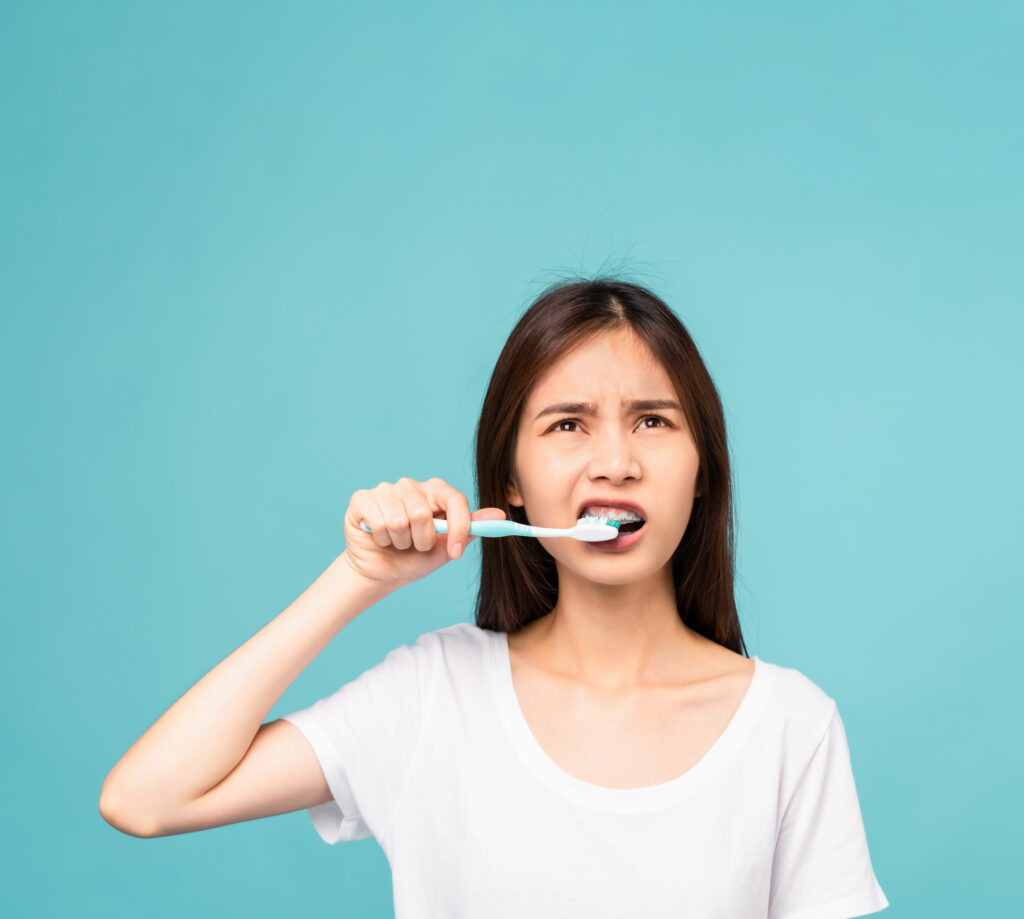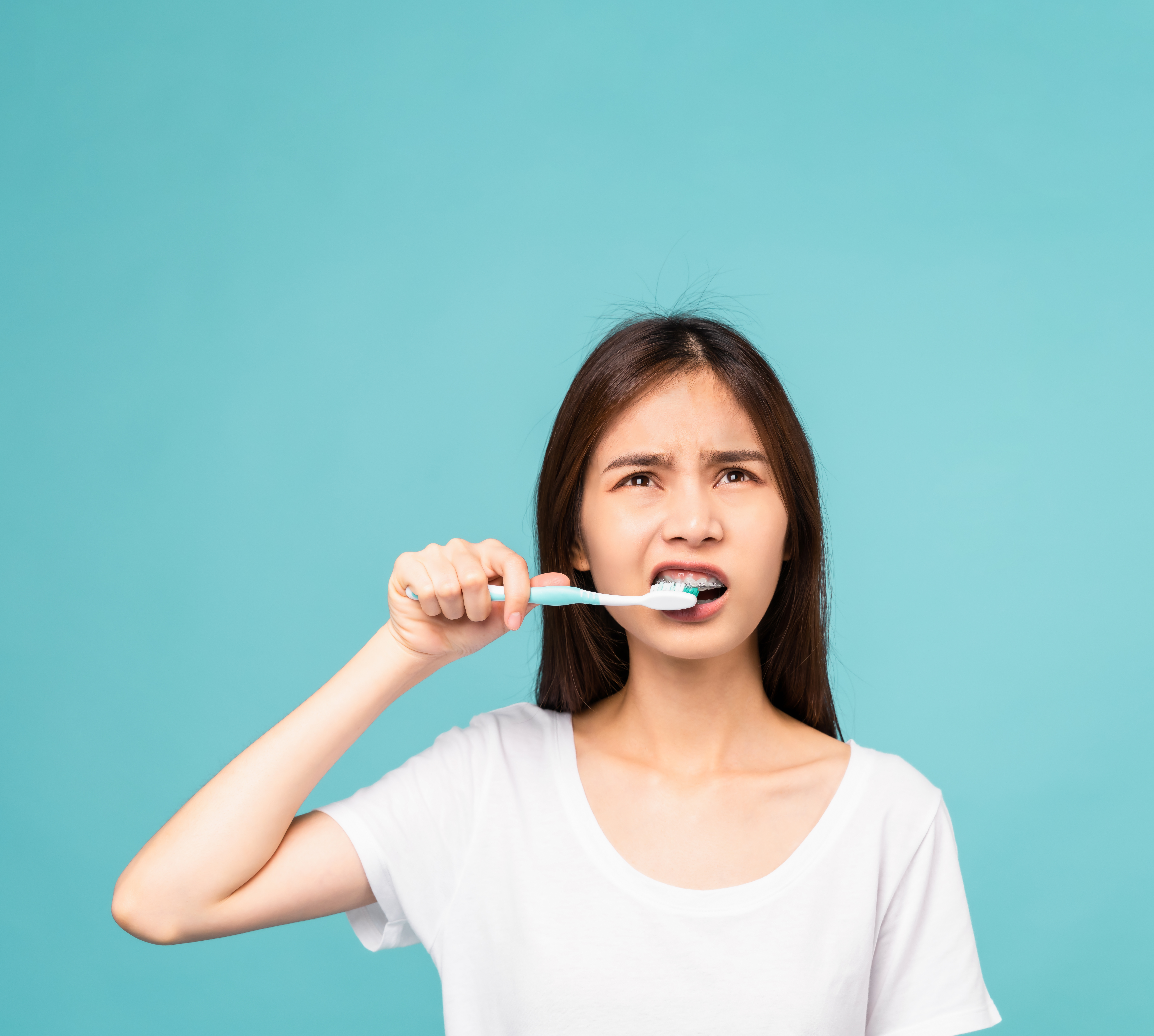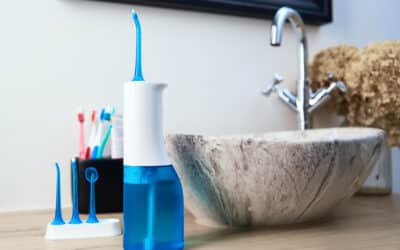You’d be surprised at how many options there are in today’s toothbrush market. Take a stroll down the toothbrush aisle of your local grocery or drug store, and you may be shocked by the number of alternatives on display these days. There are different types of sensitive toothpaste, whitening toothpaste, nonalcoholic mouthwashes. The sheer number of choices can be overwhelming. Choosing between a manual toothbrush and an electric one is often a matter of personal preference. But which is better for braces?
Is An Electric Toothbrush Better For Braces?
Electric toothbrushes have the advantage over manual ones for patients with braces. The team at Ohana Orthodontics is here to assist you in keeping your teeth beautiful and clean while your braces work their magic! According to studies published in the American Journal of Orthodontics and Dentofacial Orthopedics, an electric toothbrush improves oral hygiene for people with dental braces.
Before, during, and after orthodontic treatment, an electric toothbrush will outperform a manual brush for various reasons. Food might become trapped around the brackets and under the archwires of braces, which can make good dental hygiene difficult for orthodontic patients.
Tips for Brushing with Braces
For best results when brushing with braces, Dr. Rachel recommends:
- Brush the teeth gently at a 45-degree angle, moving the toothbrush in a tiny circular motion across all surfaces of the teeth to remove germs and any trapped food particles.
- Brush three times each day while in orthodontic treatment, beginning with breakfast and ending with supper and after coming home from school.
- Replace your toothbrush or brush head every three to four months, or sooner if it becomes dull or damaged or if you are ill.
- Check for clean and gleaming orthodontic braces with every brush. The brackets’ edge should be clearly visible. Fuzzy or dull-looking metal can indicate inadequate brushing.
- Floss at least once a day to eliminate germs and any food built up. Consider using a floss threader or Waterpik if you have trouble reaching any tight areas.
- Use anti-bacterial and fluoride mouthwashes, such as the ACT mouth rinse.
- Choose from a variety of tooth-friendly options. Use fluoride toothpaste and a soft, rounded-bristled toothbrush.
Should I Use an Electric or Manual Toothbrush for Braces?
Brushing and flossing your teeth regularly can help prevent tooth decay, gum disease, and unpleasant breath—regardless of whether you use a manual or electric toothbrush. There are a few ways that an electric toothbrush may help you get more out of your dental hygiene regimen. While brushing your teeth with an electric toothbrush is similar to brushing with a regular one, there are some key differences.
Electric toothbrushes make brushing simpler because they include features like timers and brushing intensity adjustments for greater control. Metal, ceramic, and lingual braces can all be brushed effectively with one of these devices. Most electric toothbrushes have a two-minute limit on how long patients should brush. Many children and adults who use a manual toothbrush only brush for a few seconds, thinking that the full two minutes have passed.
Electric toothbrushes are also ideal for individuals with low hand-eye coordination or arthritis, as well as those who do not brush for long enough or incorrectly. Because they remove stains and plaque better than a manual brush, electric toothbrushes make it much more accessible for people to clean their teeth. Your teeth will appear cleaner and less fuzzy after you’ve used an electric toothbrush for a few weeks. With or without braces, avoiding plaque is essential!

Preventing Cavities with Braces
You can often prevent cavities and gum damage by correctly brushing your teeth. Many people are shocked to learn that they haven’t been properly brushing their teeth. Electric toothbrushes offer a long battery life and are super quiet. And because the timers, sensors, and modes take much of the guesswork out of it, electric toothbrushes help maximize brushing sessions.
What to Look for in an Electric Toothbrush
When brushing your teeth with braces, choose an electric toothbrush with a small head and gentle bristles. Apply mild pressure and let the toothbrush do the work for its design. To promote healthier gums, be careful of bands, brackets, and wires while brushing above and below the armature of the braces.
Can I Use a Normal Toothbrush for Braces?
A manual toothbrush will suffice for people with braces, but they might inadvertently cause them to brush inadequately. According to research, people tend to brush less frequently when using a manual brush. You should brush your teeth twice a day for at least two minutes each session. You’ll love your toothbrush if you learn to embrace it!
When it comes down to it, the best toothbrush for braces is the one you’ll use regularly. An interdental brush might also help assist you in cleaning your teeth’s back and interproximal surfaces. This brush’s soft, flexible bristles clean the hard-to-reach areas and those nooks and crannies that an electric or manual toothbrush may miss. Dr. Rachel wants to support each of her patients in getting the best orthodontic outcome. And that means sharing the most effective techniques for brushing your teeth with braces!
How to Find the Best Toothbrush for Braces
Always look for the ADA Seal on electric or manual toothbrushes (American Dental Association). A toothbrush with the ADA seal guarantees that it has been researched and tested for safety and efficacy and that it will deliver as promised. While undergoing orthodontic braces treatments, it’s critical to remember to replace manual toothbrushes and electric toothbrush heads more frequently. Because the braces might be a little harder on the bristles, it’s a good idea to change them more often to get the most out of them.
Whatever toothbrush you prefer, Ohana Orthodontics is here to help you achieve a healthier smile! Dr. Rachel and her staff of orthodontic experts are delighted to answer any questions you may have about brushing, flossing, and your general health.
Please stop by or contact us to set up your appointment so we can begin working on the smile of your dreams. We can’t wait to meet you!





